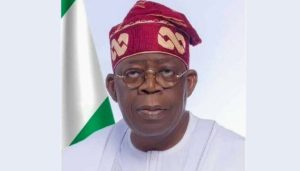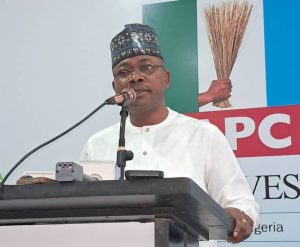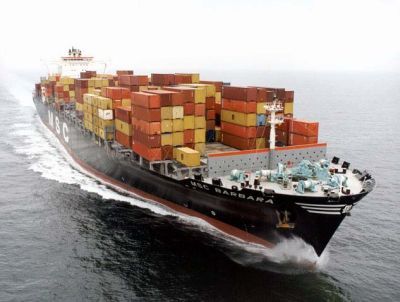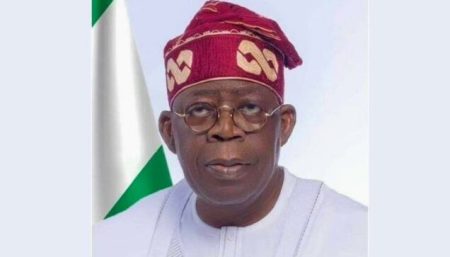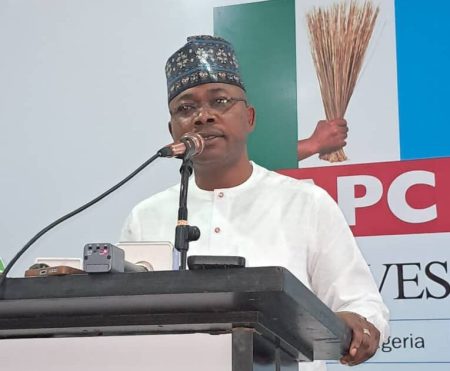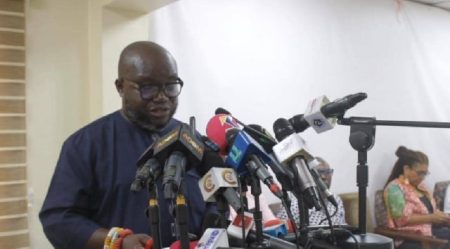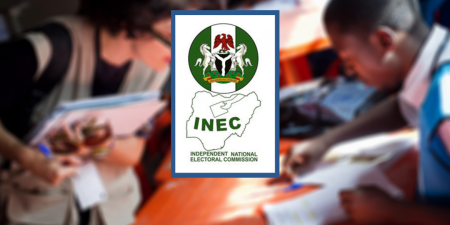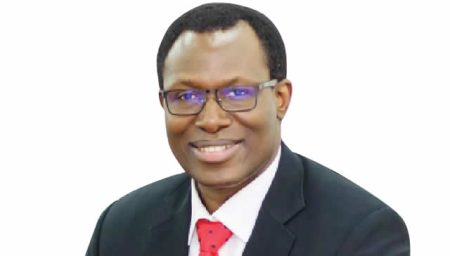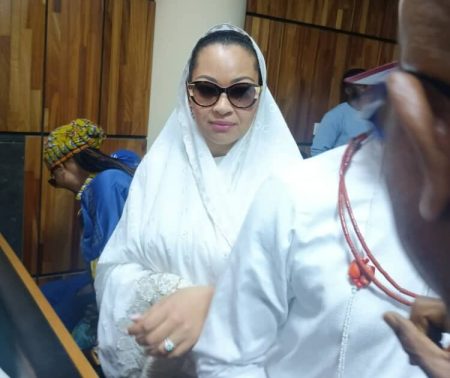The Nigerian Maritime Sector and the Blue Economy: A Call for Coordinated Leadership
The Nigerian Association of Master Mariners (NAMM) has affirmed its readiness to support Nigeria’s burgeoning blue economy initiative. The association, boasting a history of advocating for best practices in the maritime sector, believes its expertise is crucial for the successful implementation of this economic diversification strategy. This comes at a pivotal moment for Nigeria as it seeks to leverage its vast ocean resources to stimulate economic growth, create employment opportunities, and ensure the sustainable management of its marine ecosystem. The NAMM’s proactive stance underscores the importance of collaboration between industry professionals and the government in navigating the complexities of the blue economy. Their expertise and experience offer invaluable guidance for developing a robust and sustainable marine sector, ensuring Nigeria’s competitiveness in the global blue economy arena.
Central to the NAMM’s advocacy is the call for a dedicated coordinating minister for the blue economy. This, they argue, will streamline leadership and facilitate efficient knowledge sharing within the sector. The association emphasizes its role as an advisor to the government, regulators, and stakeholders on sustainable maritime development. They recognize that widespread understanding of the blue economy concept is still lacking and have actively engaged in educational initiatives to clarify its principles and potential benefits. This proactive approach is vital for fostering a shared vision and ensuring that all stakeholders are aligned with the goals of sustainable ocean resource management.
Captain Tajudeen Alao, National President of NAMM, highlighted the association’s long-standing commitment to best practices in the maritime industry, predating the popularization of the "blue economy" term. He reiterated the association’s readiness to provide expert advice and support to the government in its pursuit of a thriving blue economy. Alao stressed the importance of the NAMM’s first quarterly paper presentation, designed to educate stakeholders and deepen public understanding of the evolving blue economy concept. He urged the Federal Government to act swiftly on the recommendation for a coordinating minister, emphasizing that this would enhance institutional coordination, foster strategic leadership, and position Nigeria as a leader in the global blue economy space.
Captain Ebubeogu, in his lecture on "Governance of Marine Spaces in a Marine and Blue Economy Model," underscored the need for a centralized and empowered leadership structure to address the increasing complexity and overlapping mandates of various government agencies operating within Nigeria’s marine environment. He acknowledged the positive steps taken with the establishment of the Federal Ministry of Marine and Blue Economy and the approval of the National Marine and Blue Economy Policy but argued that a more structured approach to governance is essential for unlocking the full economic and ecological potential of Nigeria’s marine resources.
Ebubeogu emphasized the critical role of effective coordination in aligning national objectives with the core principles of sustainability, economic growth, and environmental protection, all integral to the blue economy framework. He highlighted the significance of marine spaces as the foundation for various blue economy activities, including fisheries, tourism, marine transport, offshore energy, and aquaculture. These activities hold immense potential for economic diversification and job creation, but their sustainable development requires careful planning and management.
The establishment of a clear governance structure, with a dedicated coordinating minister at the helm, is vital for ensuring the effective implementation of the blue economy policy. This will facilitate streamlined decision-making, avoid duplication of efforts, and ensure that all stakeholders, including government agencies, private sector entities, and local communities, are working towards a common goal: the sustainable and equitable development of Nigeria’s marine resources. The NAMM’s call for a coordinating minister reflects a broader understanding of the crucial role of effective leadership in realizing the ambitious goals of the blue economy, ensuring that Nigeria can harness the full potential of its ocean resources while safeguarding its marine ecosystem for future generations.


